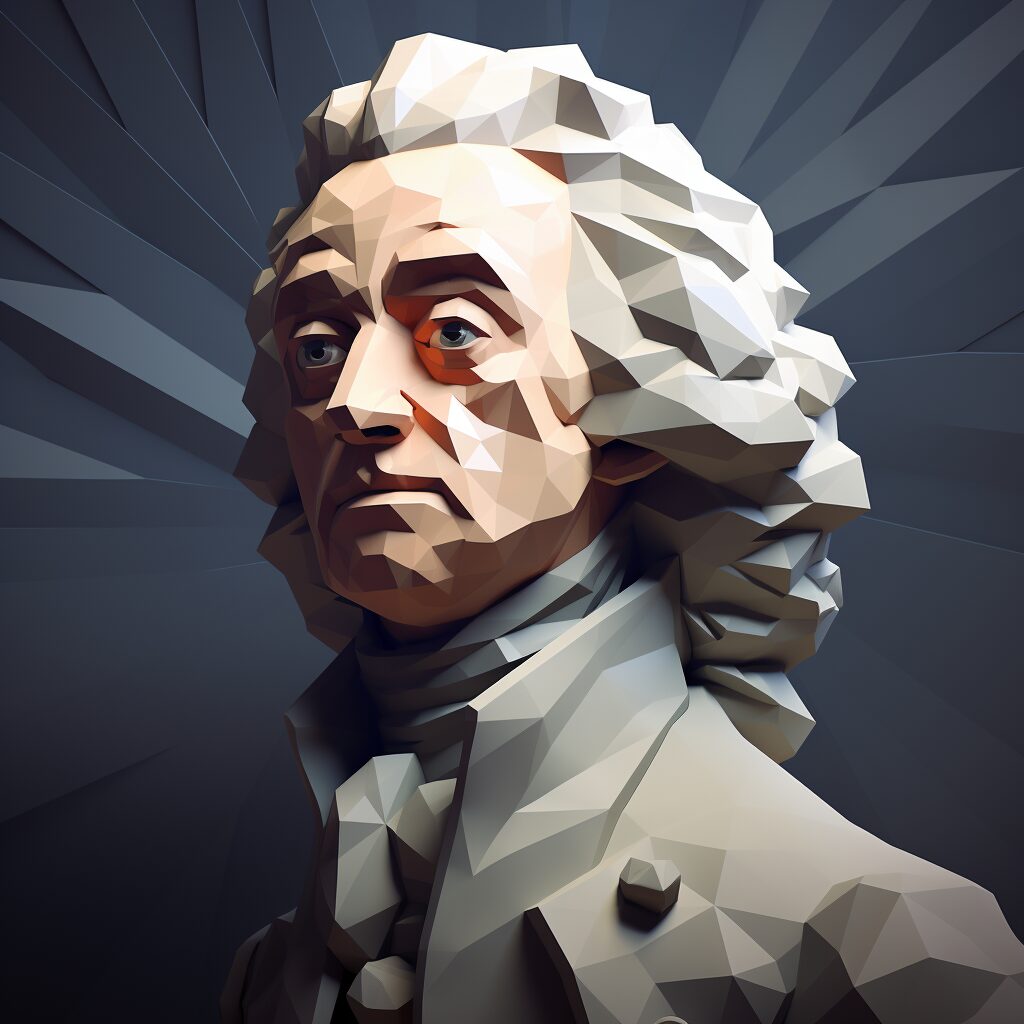Bertolt Brecht Quotes
- Poet
- Germany
- 1898 - 1956
Bertolt Brecht (1898-1956) was a German playwright, poet, and theatre director. He is best known for his influential works in the field of epic theatre, which sought to challenge traditional theatrical conventions and to create a more critical form of theatre. His most famous works include The Three…Read More
Bertolt Brecht (1898-1956) was a German playwright, poet, and theatre director. He is best known for his influential works in the field of epic theatre, which sought to challenge traditional theatrical conventions and to create a more critical form of theatre. His most famous works include The Threepenny Opera (1928), The Caucasian Chalk Circle (1944), and Mother Courage and Her Children (1941). Brecht’s works are known for their political and social commentary, as well as their use of alienation effects to distance the audience from the characters and the action on stage. He is also remembered for his collaborations with composer Kurt Weill and his influence on the development of musical theatre.Read Less
Bertolt Brecht (1898-1956) was a German playwright, poet, and theatre director. He is best known for his influential works in the field of epic theatre, which sought to challenge traditional theatrical conventions and to create a more critical form of theatre. His most famous works include The Threepenny Opera (1928), The Caucasian Chalk Circle (1944), and Mother Courage and Her Children (1941). Brecht’s works are known for their political and social commentary, as well as their use of alienation effects to distance the audience from the characters and the action on stage. He is also remembered for his collaborations with composer Kurt Weill and his influence on the development of musical theatre.
110 Interesting Bertolt Brecht Quotes
Bertolt Brecht Career Highlights
Bertolt Brecht was a German poet, playwright, and theatre director who was one of the most influential figures in 20th century theatre. He is best known for his plays, such as The Threepenny Opera, The Caucasian Chalk Circle, and Mother Courage and Her Children. He was also a major proponent of the Epic Theatre, a form of theatre that sought to challenge the audience’s preconceptions and encourage them to think critically about the events on stage.
5 Lesser-Known Facts about Bertolt Brecht
1. Brecht was born in Augsburg, Germany in 1898.2. He was a member of the Communist Party of Germany from 1924 to 1933.3. He was a prolific translator, translating works from English, French, and Spanish into German.4. He was a major influence on the theatre of the 1960s and 1970s, with his works being adapted and performed by the likes of Peter Brook and Peter Hall.5. He was awarded the International Lenin Peace Prize in 1953.
Key Contributions by Bertolt Brecht
Brecht’s most important contribution to theatre was his development of the Epic Theatre. This form of theatre sought to challenge the audience’s preconceptions and encourage them to think critically about the events on stage. Brecht also developed the Verfremdungseffekt (or “alienation effect”), which was a technique used to distance the audience from the events on stage and make them more aware of the artificiality of the performance.
What Sets Bertolt Brecht Apart
What sets Brecht apart from other theatre practitioners is his commitment to using theatre as a tool for social change. He believed that theatre should be used to challenge the status quo and encourage people to think critically about the world around them. He also believed that theatre should be accessible to all, and sought to make his plays as accessible as possible.
Takeaways
Bertolt Brecht was a major figure in 20th century theatre, and his influence can still be felt today. He was a major proponent of the Epic Theatre, a form of theatre that sought to challenge the audience’s preconceptions and encourage them to think critically about the events on stage. He also developed the Verfremdungseffekt, a technique used to distance the audience from the events on stage and make them more aware of the artificiality of the performance. Brecht’s commitment to using theatre as a tool for social change and making it accessible to all sets him apart from other theatre practitioners.







